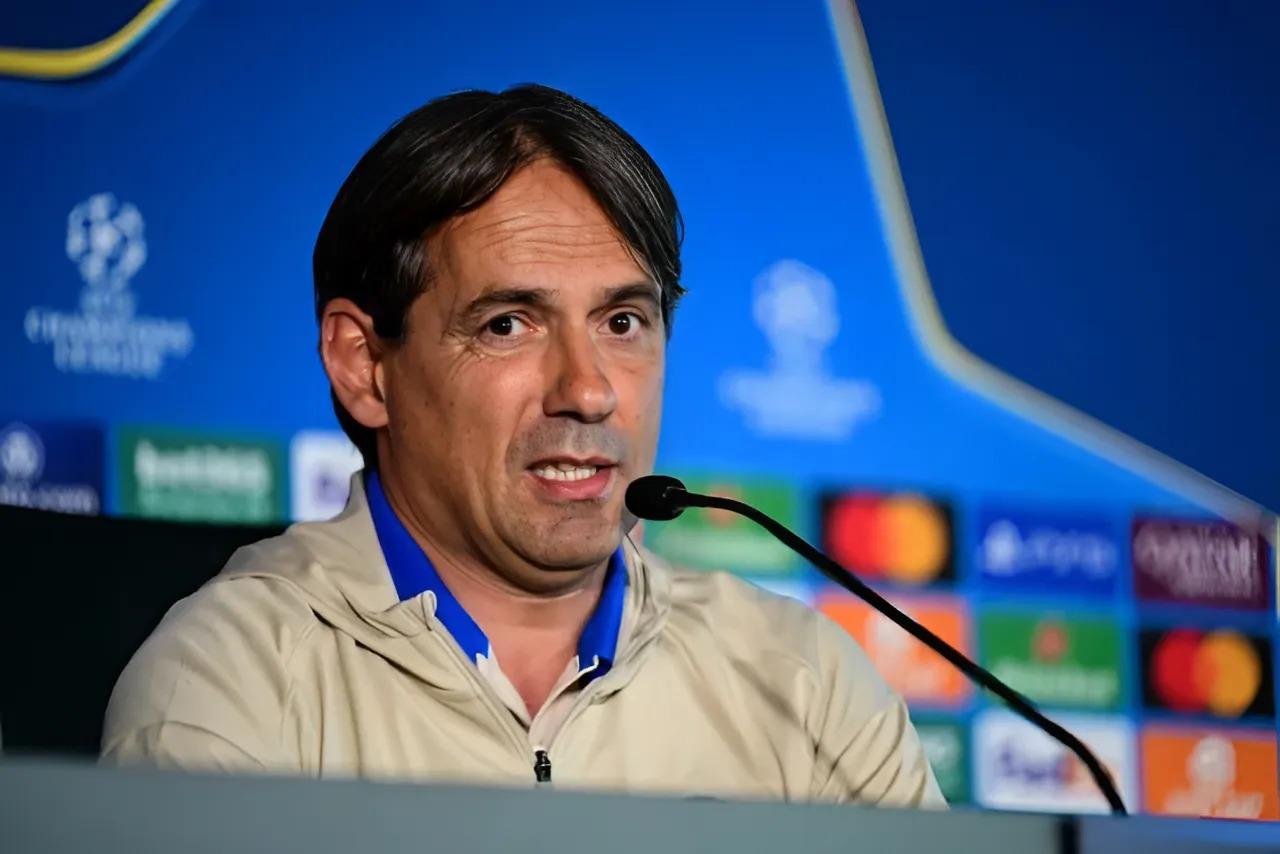After Inter Milan’s crushing 0-5 defeat to Paris Saint-Germain, coach Simone Inzaghi broke his silence and delivered a disturbing account in an interview with the Italian press. According to him, his players received several threats in the days leading up to the match, a tense atmosphere that profoundly affected their mental preparation.

“We weren’t psychologically ready, and that’s no excuse,” Inzaghi said. “Some of my players received worrying messages, thinly veiled intimidation. It clearly took a toll on their mentality.”

The Italian coach stressed that these incidents had been reported to the relevant authorities, but that the impact on team morale was quickly felt. “I had a feeling this result would happen,” he admitted bitterly. “Not because we lacked quality, but because the circumstances surrounding the match were abnormal.”

The match, expected to be a clash between two major European teams, turned into a demonstration in PSG’s favor. From the opening minutes, Inter showed signs of weakness, overwhelmed in every area of the game. A performance deemed “unrecognizable” by the Italian press, who were quick to point out the lack of intensity and fighting spirit.
Inzaghi’s revelation sheds new light on this unexpected rout. While some analysts see it as an attempt to divert attention from his team’s disappointing performance, others call for these statements to be taken seriously, especially in an increasingly tense European context surrounding certain major events.
PSG, for its part, celebrated its victory with restraint, aware of having dominated an opponent who was clearly in serious difficulty. Parisian officials have not yet responded to their Italian counterpart’s comments, but UEFA could be forced to open an investigation if the accusations of threats become more serious.
In any case, this case has rekindled the debate on the extreme pressure surrounding top-level football and the psychological consequences it can have on players, especially as major events approach.






